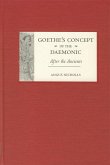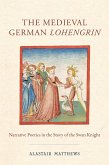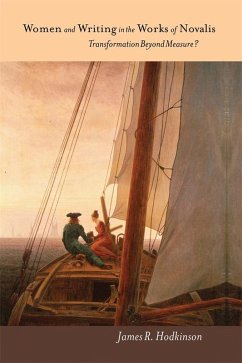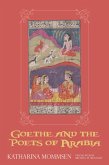A bold new theoretical analysis of literary modernism and its conception of and relation to nature.
Even after the end of modernism and postmodernism, grandiose fantasies of artifice and self-reference still resonate in the "social constructivism" of current literary and cultural theory: in the idea that we can perform or construct "identities" or social roles without external constraint, as if we had consumer choice of self. Larson Powell's book posits nature as a limit to such fantasies, redefining aesthetic modernity's conception of and relation to nature and therefore its relation to reality. Powell's term "the Technological Unconscious" refers both to the intersection between psychoanalysis and theories of modernism and to the philosophical mediation between history and nature, a motif important from Kant to Adorno. The book's four chapters center on the representation of nature in German prose and -- especially -- poetry by Rilke, Benn, Brecht, and Döblin from the years 1900 to 1945. In connection with these works, Powell analyzes the conceptions of subject and system in the theories of Adorno, Luhmann, and Lacan and their relation to their complement, nature. The Technological Unconscious is thus an important polemical intervention both in the debates over interdisciplinarity and in those between eclectic "culturalist" theories such as New Historicism and postcolonialism on the one hand and systems theory and psychoanalysis on the other.
Larson Powell is Assistant Professor of German at the University of Missouri-Kansas City.
Even after the end of modernism and postmodernism, grandiose fantasies of artifice and self-reference still resonate in the "social constructivism" of current literary and cultural theory: in the idea that we can perform or construct "identities" or social roles without external constraint, as if we had consumer choice of self. Larson Powell's book posits nature as a limit to such fantasies, redefining aesthetic modernity's conception of and relation to nature and therefore its relation to reality. Powell's term "the Technological Unconscious" refers both to the intersection between psychoanalysis and theories of modernism and to the philosophical mediation between history and nature, a motif important from Kant to Adorno. The book's four chapters center on the representation of nature in German prose and -- especially -- poetry by Rilke, Benn, Brecht, and Döblin from the years 1900 to 1945. In connection with these works, Powell analyzes the conceptions of subject and system in the theories of Adorno, Luhmann, and Lacan and their relation to their complement, nature. The Technological Unconscious is thus an important polemical intervention both in the debates over interdisciplinarity and in those between eclectic "culturalist" theories such as New Historicism and postcolonialism on the one hand and systems theory and psychoanalysis on the other.
Larson Powell is Assistant Professor of German at the University of Missouri-Kansas City.
Dieser Download kann aus rechtlichen Gründen nur mit Rechnungsadresse in A, D ausgeliefert werden.









